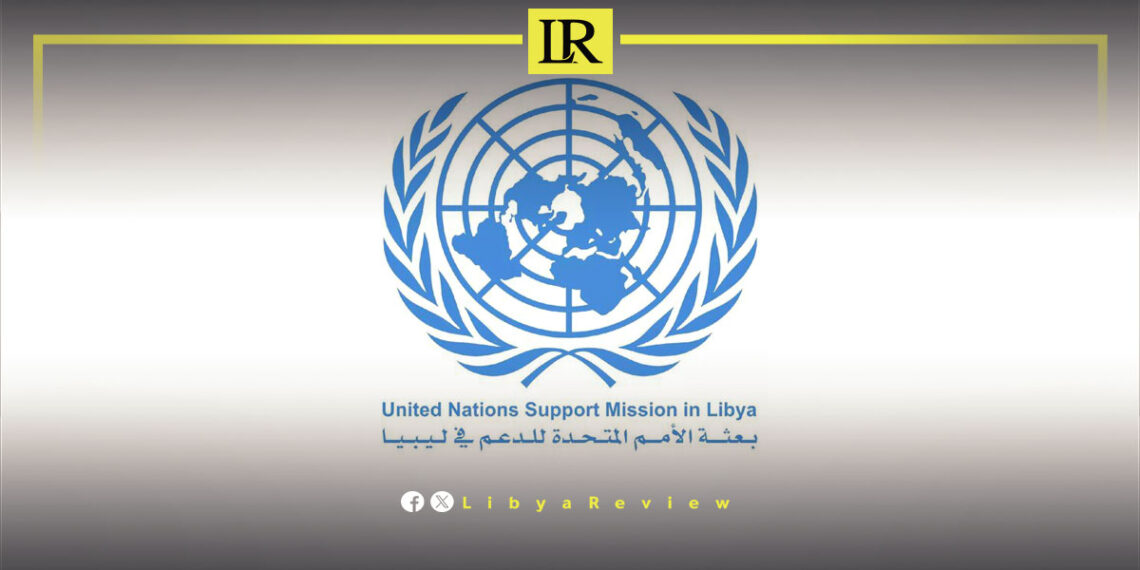On Wednesday, the United Nations Support Mission in Libya (UNSMIL) expressed serious concern over the deepening economic crisis in the country, calling on Libyan authorities to stop exchanging political blame and instead agree on urgent, coordinated steps to restore financial stability.
This follows the Central Bank of Libya’s announcement to devalue the Libyan dinar, which triggered sharp political reactions and intensified tensions among institutions.
In a statement, the UNSMIL urged all parties to prioritize the national interest and reach a consensus on emergency measures that can stabilize the economy and reduce the burden on Libyan citizens.
The Mission warned that the country is facing multiple warning signs of macroeconomic instability, including a widening gap in the foreign exchange market, excessive injection of liquidity, dual public spending by rival governments, and continued depreciation of the dinar. These domestic challenges are being made worse by growing global economic uncertainty and falling international oil prices—Libya’s main source of income.
UNSMIL stressed that rapid, unified decisions are necessary to curb rising inflation, address declining purchasing power, and rebuild public trust in state institutions. It called for an immediate agreement on a unified national budget to ensure transparent financial management and effective oversight of public funds.
The UN also underscored the need to protect and empower Libya’s independent financial oversight institutions, whose integrity is increasingly undermined by political interference and security pressure. Safeguarding these bodies is crucial for restoring confidence and ensuring accountability.
Finally, the UN stated that good governance, transparency, and fiscal accountability must guide Libya’s economic recovery. Reforms must not only aim for macro-level stability, but also deliver real improvements to everyday life for the Libyan people.


